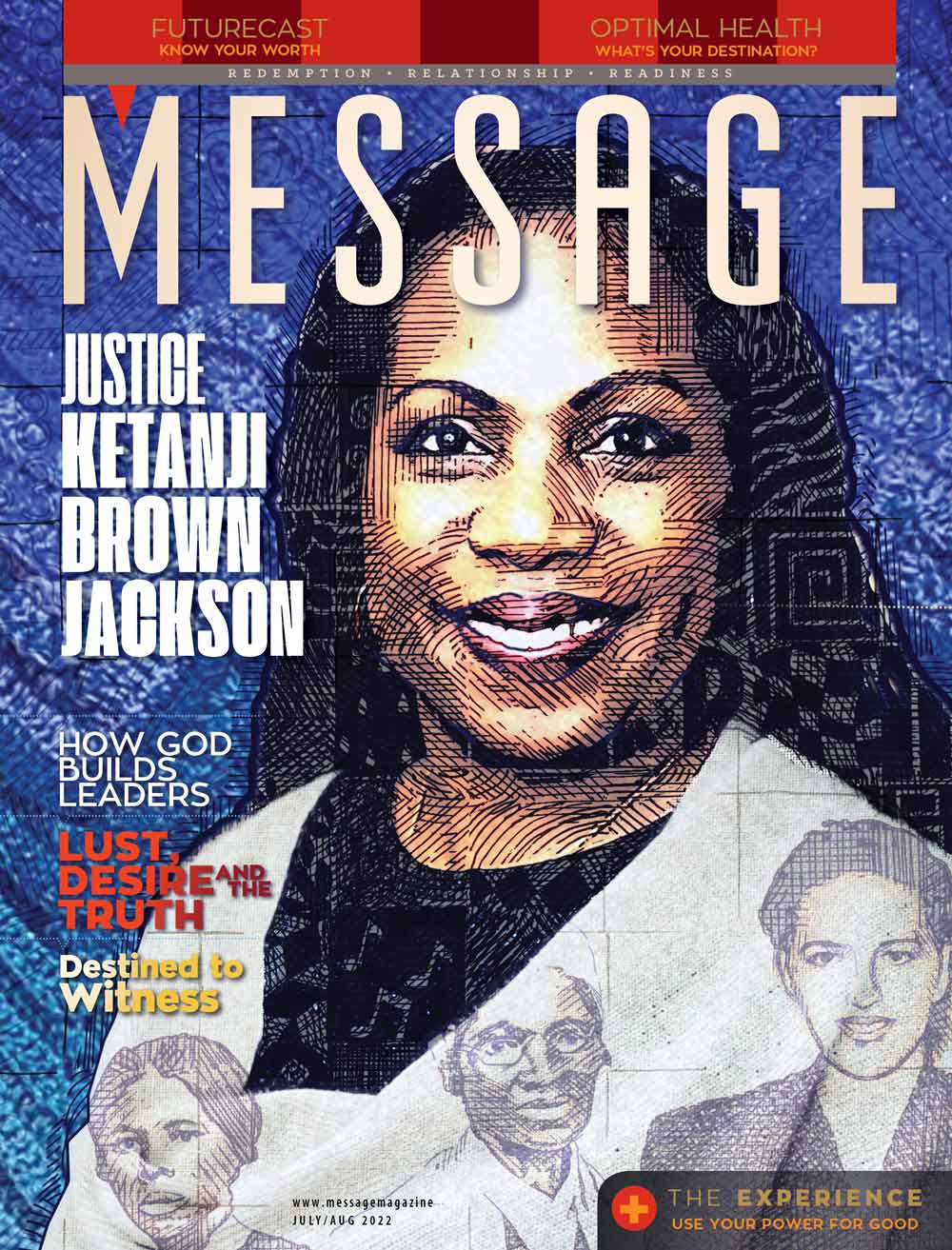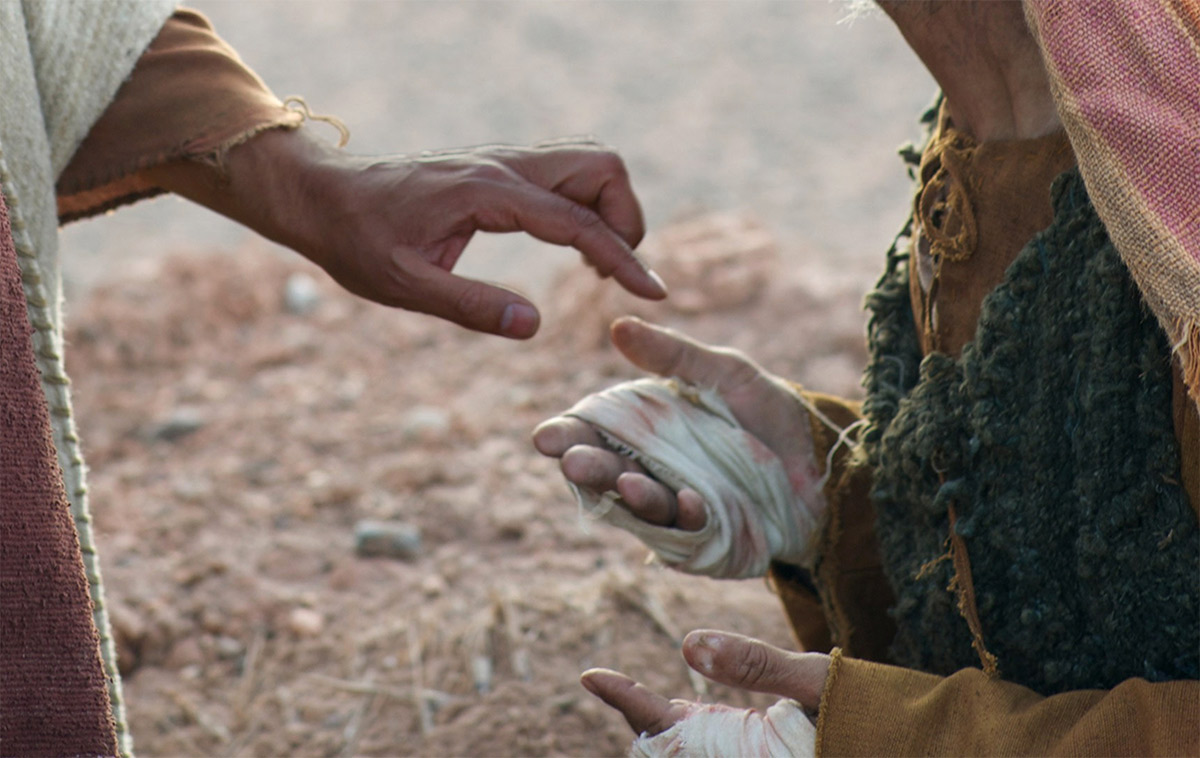
Interview with the Facebook Faith Community Director




Vintage Vault
“Search the Scriptures! Pray for light! Be sincere! God has promised that those who hunger and thirst for righteousness shall be filled (Matthew 5:6). When you find the truth, share it and be not entangled with error for any reason or anyone’s sake. Jesus said, “In vain they do worship me, teaching for doctrines the commandments of men” (Matthew 15:9). In that same chapter He asks, “Why do ye also transgress the commandment of God by your tradition?” (verse 3).
We will be held individually accountable for truth that the Lord has made so plain in His Word. The choice, then, is whether to please God or a person. In Matthew 10:34-39 Jesus gives strong counsel concerning making Him predominant in our lives and affections. He says candidly, “A man’s foes [enemies] shall be they of his own household. He that loveth father or mother more than me is not worthy of me” (verses 36, 37).
The harmony that Christ desires in the home is for husband and wife to be cheerfully united in one faith—based only on truth. Pray for this experience, and learn to have a little heaven right here on earth.”
—“Answers” by Charles D. Brooks, Message, July August 2002
Phillip McGuire Wesley, jr.
This is a new day of listening and reading. I pray that each book, music tune, or app will make an impact in your life as it has in mine. Please let us know by emailing me.
Book
Ramona L. Hyman, Ph.D.
For those who enjoy children’s books, this one is for you. Dr. Ramona Hyman of Oakwood University, has released a colorful and well-illustrated book of poetry for young scholars. It is a beautiful introduction to poetry for kids. This book is available on Amazon.


Pacific Press Publishing Assoc.,
Virginia Ramsey 1-800-456-3991
Advertising
Samuel Archer
[email protected]
Marvin Brown
G. Alexander Bryant
Carlton Byrd
Virgil Childs
Byron Dulan
Alva James-Johnson
Abraham Jules
Kenneth Manders
Michael Owusu
Peter Palmer
William Winston
© 2018 by the North American Division of Seventh-day Adventists, 9705 Patuxent Woods Drive, Columbia, Maryland, 21046, U.S.A. Address editorial correspondence to MESSAGE MAGAZINE, 9705 Patuxent Woods Drive, Columbia, MD 21046-1565 U.S.A. All subscriptions are prepaid. If you did not order MESSAGE, it is being sent as a gift from a friend. You will not be billed. To subscribe, mail payment to MESSAGE, 1350 North Kings Road Nampa, ID 83687, U.S.A. or call 1-800-456-3991. Subscription price: one year, $19.95 U.S. currency; single copy, $4.00; overseas, add $10.00 per year for postage. Prices subject to change without notice. Periodicals Postage paid at Nampa, Idaho and additional offices. Vol. 88 No. 4 July/Aug 2022. POSTMASTER: Send address changes to MESSAGE, 1350 North Kings Road Nampa, ID 83687, U.S.A. Printed in the U.S.A.
Unless otherwise noted, Bible texts in this issue are from the New King James Version. Copyright © 1979, 1980, 1982 by Thomas Nelson, Inc. Used by permission. All rights reserved. Statements in this issue attributed by an author to other speakers/writers are included for the value of the individual statements only. No endorsement of those speakers’/writers’ other works or statements is intended or implied.

editorial
To this day, however, I remember the wisdom of a mere boy’s response to a prospective employer when asked his greatest skill:
“I can sleep on windy nights.”
Unimpressive, unimpressive that is, until one feels the cold winds blow across the barnyard, and hears shutters and doors crashing, sees the unsecured property tumbling across the yard, stores suddenly exposed to the elements, livestock startled and scared, pushing and pressing against unlocked pens. To be able to sleep the sleep of the righteous when everybody whose work isn’t done launches into a panic is impressive to me, indeed.
I don’t mind admitting that my fly-by-the-seat-of-my-pants kind of temperament makes it easy to put off until the last minute critical resolutions. I constantly guard against the temptation to let things work themselves out. Some people never get the chance to do that.
So, I was more than warmed by the story of family reconciliation after years of cold separation told by our friend and colleague, Dr. Jerome Hurst of Pittsburgh, Pennsylvania. It started with a 17 year-old boy who sought to know Jesus for himself.

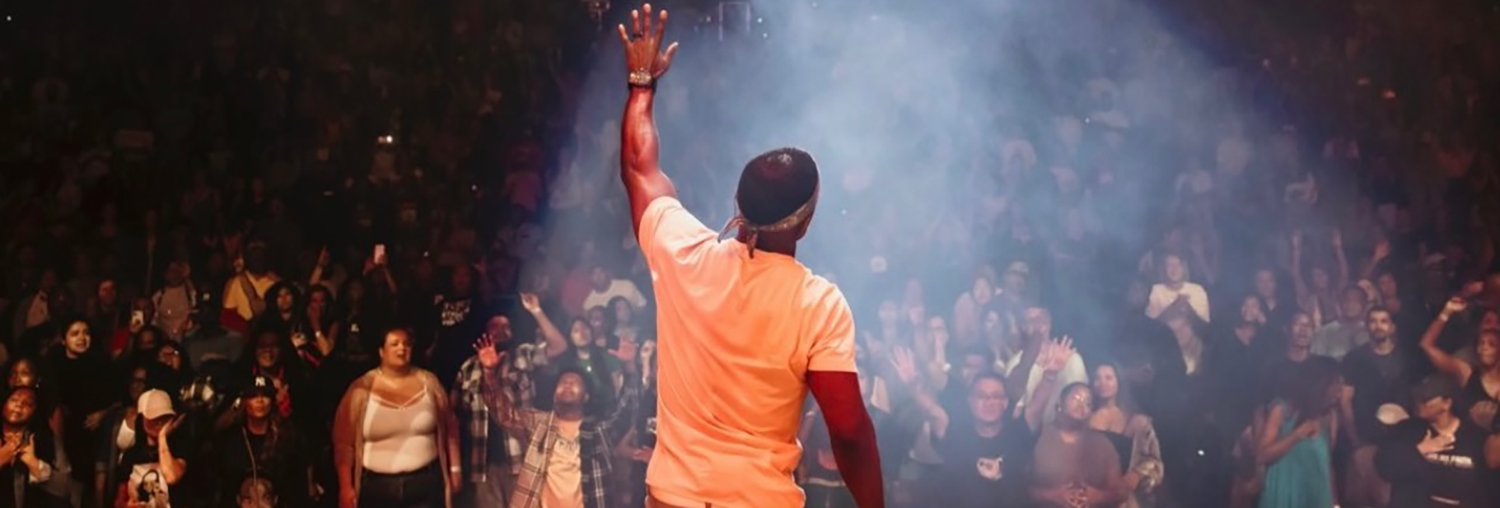
anye West’s “Sunday Service” and the Kirk Franklin/Maverick City Kingdom Tour—nontraditional, drop-in worship services—attract thousands of diverse people, across generations around the country in the last two years. Organizers are celebrating the record-breaking attendance in a setting where you hear music and messages that inspire love, forgiveness, and the Gospel of Jesus Christ.
“It’s just an idea we had to open up our hearts to make music that we felt was as pure and as positive as possible and just do it for an hour every Sunday,” said hip hop artist and fashion mogul West recently. Curiously, West sought to promote “something where people can just come together and feel good with their families.”
West’s description of “Sunday Service” raised eyebrows, however. Since when is church not a place where people gather and enjoy positive vibes with their families? In the ever-changing religious landscape, leaders are monitoring the interplay of traditional religion and a youthful spirituality, and looking for that sweet spot.
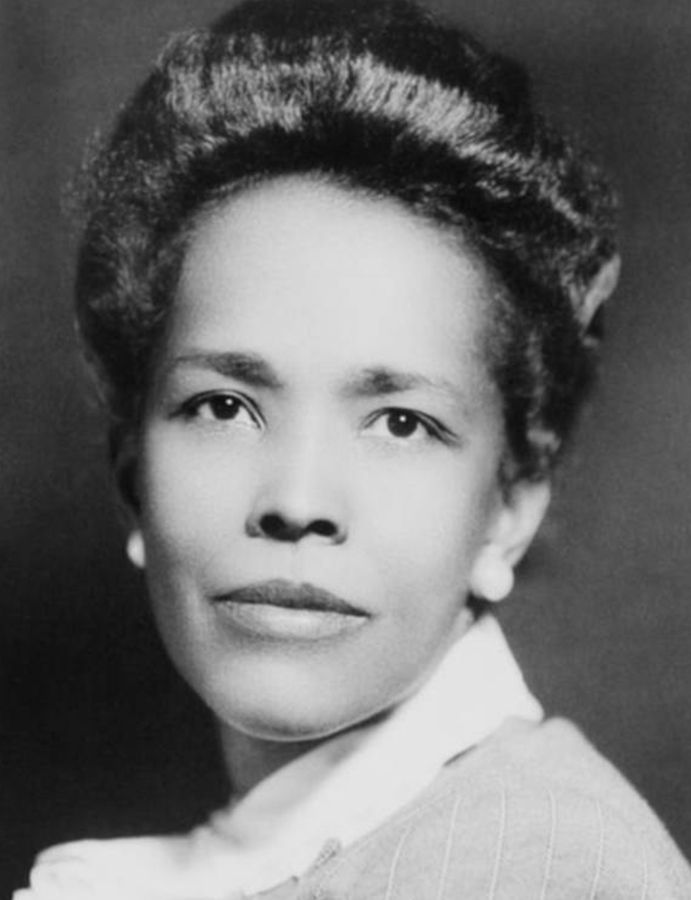
lla Baker was an energetic grassroots Civil Rights leader whose brief highlights include her work as the director of branches for the NAACP, multiplying its membership from 50,000 to 450,000 in a 5-year span. Ella Baker’s desire to empower young leaders and activists later birthed the Student Nonviolent Coordinating Committee (SNCC).
Ella’s father, Blake, was committed to his family, yet his job kept him away from home for extended periods. Ella was favored by her maternal grandfather, Mitchell R. Ross, a Baptist preacher who referred to her as the “Grand Lady” and seated her beside him at the pulpit when he preached. However, Pastor Ross died when Ella was only six or seven years-old.
Ella’s mother, Georgiana Ross Baker, went to school to be a teacher and taught her children to read before they began school. Georgiana was a leader in state-wide church organizations that uplifted women and cared for the sick and shut-ins. Georgiana modeled how the strength of organizations comes from the commitment and cooperation of the everyday people comprising them.
(Black) Table Talk
Real conversations about our health
hen I think of my family, I am reminded of gatherings with my immediate family and our loved ones, my birth family, and my extended family. What brings the warmest memories are the gatherings we had at my great grandmother and great aunt’s home. There was always good food. There was always a crowd. And always a lively discussion. As a matter of fact, it was at one of those gatherings that my parents announced their intention to make better choices around their health.
I’ve continued this tradition in my own home with my husband and son. Whenever we are hosting loved ones around a meal the conversation invariably turns to health. The conversations can get pretty lively, although we will take time for second helpings and dessert.
John and April Nixon
Total Intimacy’s Third Pillar:
Foreplay, It’s More Than Physical
hen we hear the word “foreplay” we rarely think about things that happen outside of the bedroom. We typically visualize the actions that take place just before the sex act, like: running a hot bath, lighting scented candles, playing soft music on the stereo and turning down the lights. And yes, these acts all qualify as foreplay because they all have the potential to get you and your spouse ready for the main event. But did you know that the best foreplay is not physical, but is instead mental, emotional and spiritual? We refer to this kind as Wholistic Foreplay and it represents the third pillar in our 4 Pillars of Total Intimacy.
Wholistic Foreplay transcends the bedroom and goes beyond the things you do five minutes before penetration. Wholism is a theory that the parts of a whole are intimately interconnected and should be considered together when trying to understand a particular thing. That’s the essence of wholistic foreplay for us. We believe the best foreplay is at work all the time, even when the act of physical intimacy is not in your immediate future. And this makes sense because sex is a physical manifestation of a spiritual reality (we’ll talk more about this in our next article).


Try this: Provide a comfortable and safe place for your child to verbalize and process their thoughts and feelings. Do not aim to find a solution during the first conversation, but simply listen. Repeat back to your child the thoughts they have expressed. Keep the lines of communication open so that you can advise once trust has been established.
Ability to create a sense of psychological safety may help us retain the “wanderers” among us.



Ability to create a sense of psychological safety may help us retain the “wanderers” among us.

Whether in the school setting, neighborhood, family or traditional worship space, the science of feeling safe, connected, and unthreatened is critical for preserving relationships in an otherwise threatening world. In this short article, I am postulating that we can address those breakdowns—the rejection, the times when people come to conflict, resort to aggression, or retreat in fear.
I believe it is because we have created non-verbal stories in the language of our bodies, facial expression, prosody and tone of voice, and posture that have shaped cognitions, emotions, and behavior. I am suggesting that it’s time we go back in our prayer closets, open God’s science book of human physiology, and build upon scientific discoveries that advanced technology has provided us through the wisdom of God.
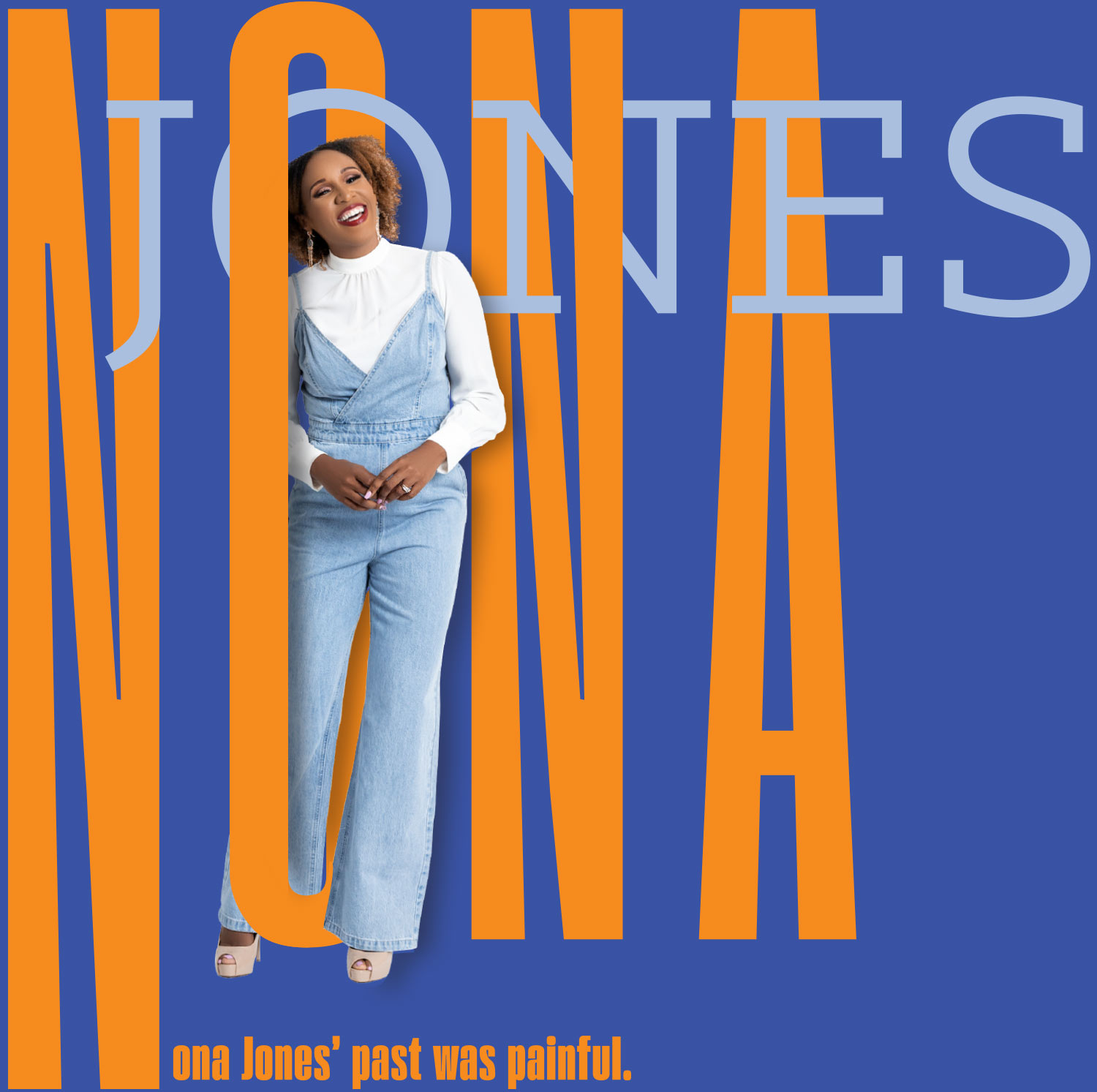

Like with all forms of grief, we experience a wide range of emotions. In addition to the sadness we feel when another life is taken, we often also feel anger and frustration that injustice seems to be the norm and not taken as seriously.


Both our children were born with Fragile X syndrome, a genetic condition that results in developmental problems like intellectual disabilities and cognitive impairment. It impacts both males and females but is typically more severe in males. However, in our situation, our daughter experienced greater intellectual disability than our son. To be honest, we learned that God was able to provide everything that we needed to make it through our situation despite the difficulties, which were many. I am sure that our experiences are not foreign to families who have children with disabilities. I believe that part of the calling on our lives was to experience this family dynamic and to share with others what we learned. Being Christian, did not prevent the hurt and the pain, the heartaches and loneliness, the feeling of isolation and darkness, and the impact of those who exhibited toward us inconsiderate behavior and lack of sympathy.

In 2013, David Young* hit rock bottom. A year into a generalized anxiety disorder diagnosis, he battled panic attacks every hour, every day. He also suffered from migraines, insomnia and agoraphobia. And due to anxiety-related gastrointestinal issues, he dropped from 190 to 125 pounds. “I was watching him die before my eyes,” his mom, Jennifer, recalls. “I felt helpless and hopeless.”
Growing up, David was very independent, exhibiting no mental health symptoms. Then, at 25, debilitating panic attacks at work pushed him to move from Massachusetts to his parents’ home in New York. Jennifer says, “I told him, ‘Come home.’ I thought he could take a break and get better.”
For months, David, accompanied by his parents, frantically sought answers. He visited general physicians, gastroenterologists, pulmonologists, cardiologists, and emergency rooms. Test results came back normal, and he was labelled a hypochondriac. Attempts to find psychological help also failed. “It was a depressing time, with no seeming end to my suffering.”


How the Bible story of Leah offers hope for messed up relationships

id you know that Tina Turner hated the song “What’s Love Got to Do With It?” She balked at recording it. It’s an “anti-love song,” yet, it hit a sore spot in her experience.
Throughout her marriage to Ike Turner he exercised tyrannical control over her life and work. He beat and raped her, broke her nose more than once, threw hot coffee in her face, and used her body to snuff his cigarettes. In 1968, Tina tried to escape the abuse by swallowing close to a hundred sleeping pills, but she found no lasting relief until 1976 when, with less than a dollar in her pocket, she snuck out while Ike slept.



In addition, a sense of desperation drives them towards Christ. This desperation is not circumstantial; it is not borne out of a financial or physical need or personal want. Instead, it is borne from a heart yearning for Christ that cannot be satisfied by any other thing. There is an inner discontent that can only be assuaged through contact with the Savior.



 ELLEN G. WHITE
ELLEN G. WHITE“A man with leprosy came and knelt in front of Jesus, begging to be healed. ‘If you are willing, you can heal me and make me clean,’ he said.
“Moved with compassion,[a] Jesus reached out and touched him. ‘I am willing,’ he said. ‘Be healed!’ Instantly the leprosy disappeared, and the man was healed.”
all diseases known in the East the leprosy was most dreaded. Its incurable and contagious character, and its horrible effect upon its victims, filled the bravest with fear. Among the Jews it was regarded as a judgment on account of sin, and hence was called “the stroke,” “the finger of God.”
Deep-rooted, ineradicable, deadly, it was looked upon as a symbol of sin. By the ritual law, the leper was pronounced unclean. Like one already dead, he was shut out from the habitations of men. Whatever he touched was unclean. The air was polluted by his breath. One who was suspected of having the disease must present himself to the priests, who were to examine and decide his case. If pronounced a leper, he was isolated from his family, cut off from the congregation of Israel, and was doomed to associate with those only who were similarly afflicted. The law was inflexible in its requirement. Even kings and rulers were not exempt. A monarch who was attacked by this terrible disease must yield up the scepter, and flee from society. …
 Adrienne Rowe-Saulsbery
Adrienne Rowe-Saulsbery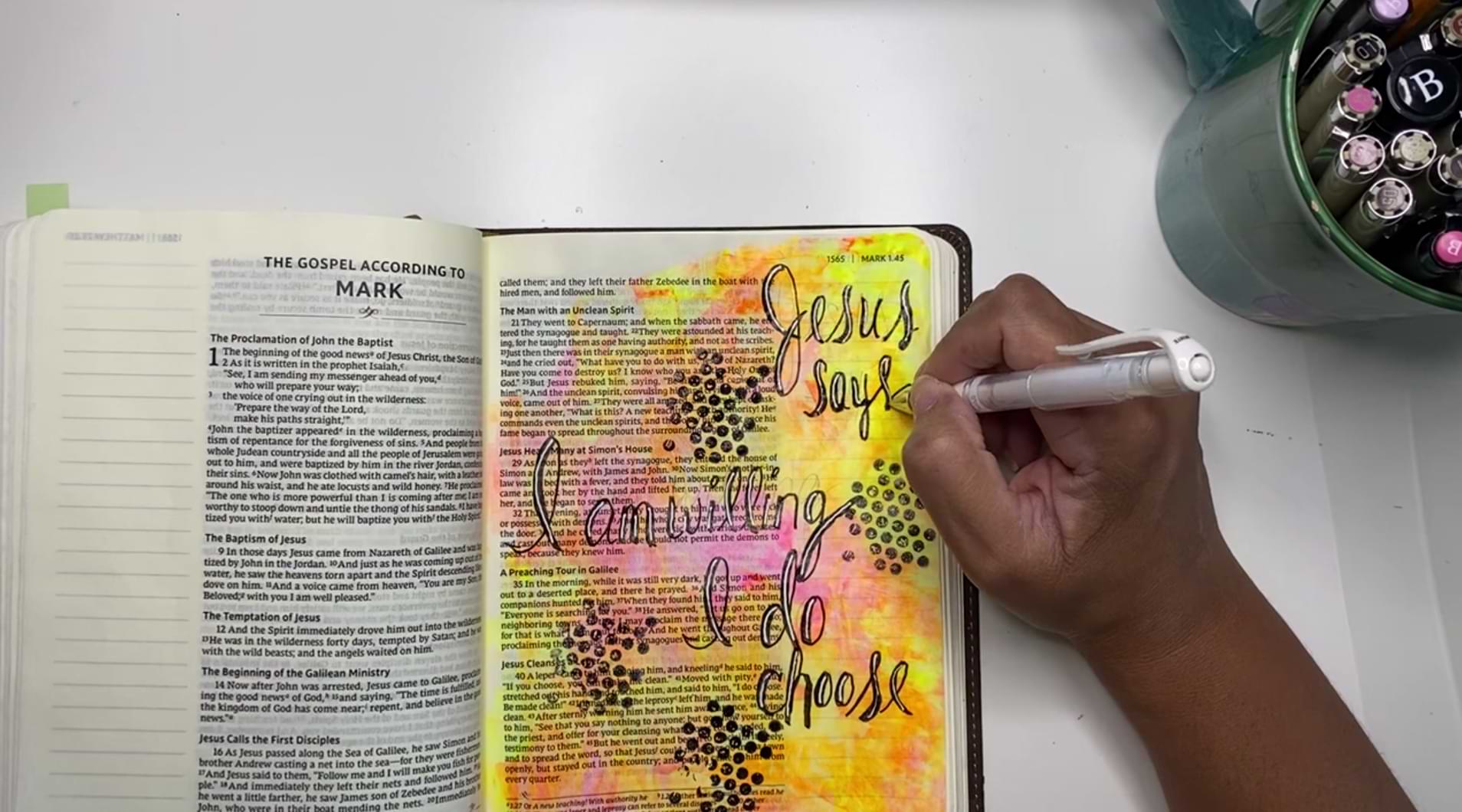
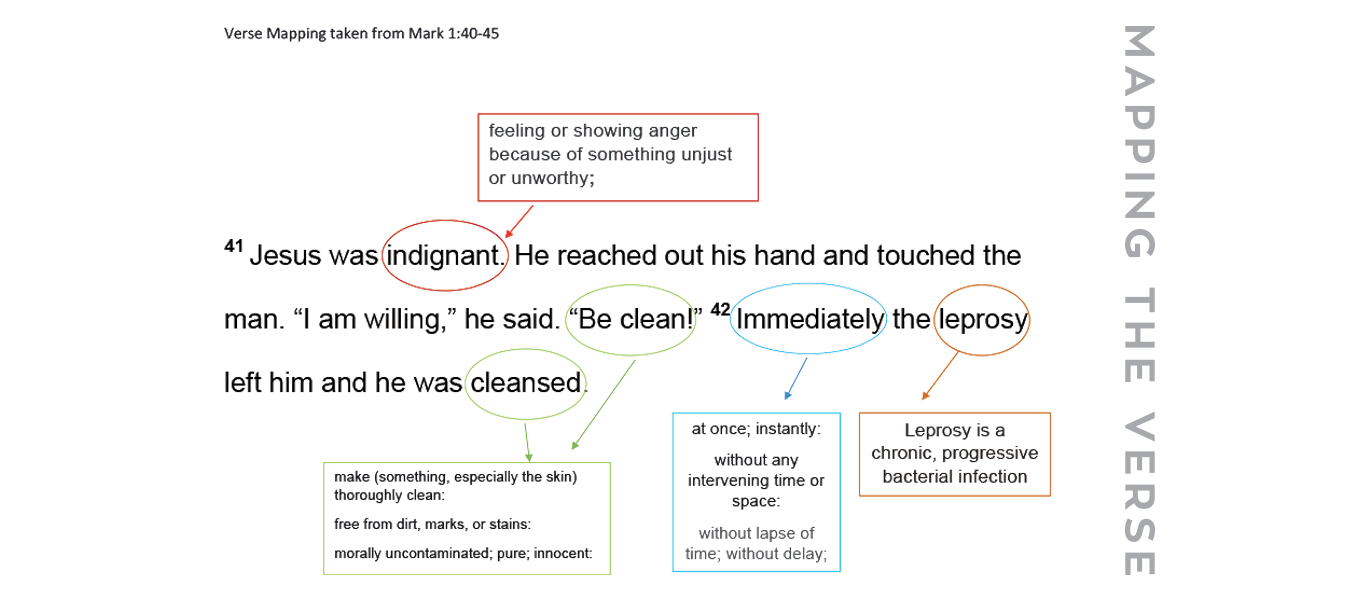
- What about this story/context/verse stands out to me?
- How is this different from the life I live now? How is this different from the society and culture I’m a part of? (Hebrews 4:16) Any other verses shed light on this?
- How does this passage challenge me? Is there a verse that speaks to my challenge? (James 4:2)
- Where do I see Jesus, or miss Jesus in this passage? (John 16:24, John 5:19) Are there verses that speak to this elsewhere in the Bible?
- What am I missing in my life that God wants me to have? (John 10:10) What other verses are there to support that?
- Is there someone else who could use this in their life? How can I share it?
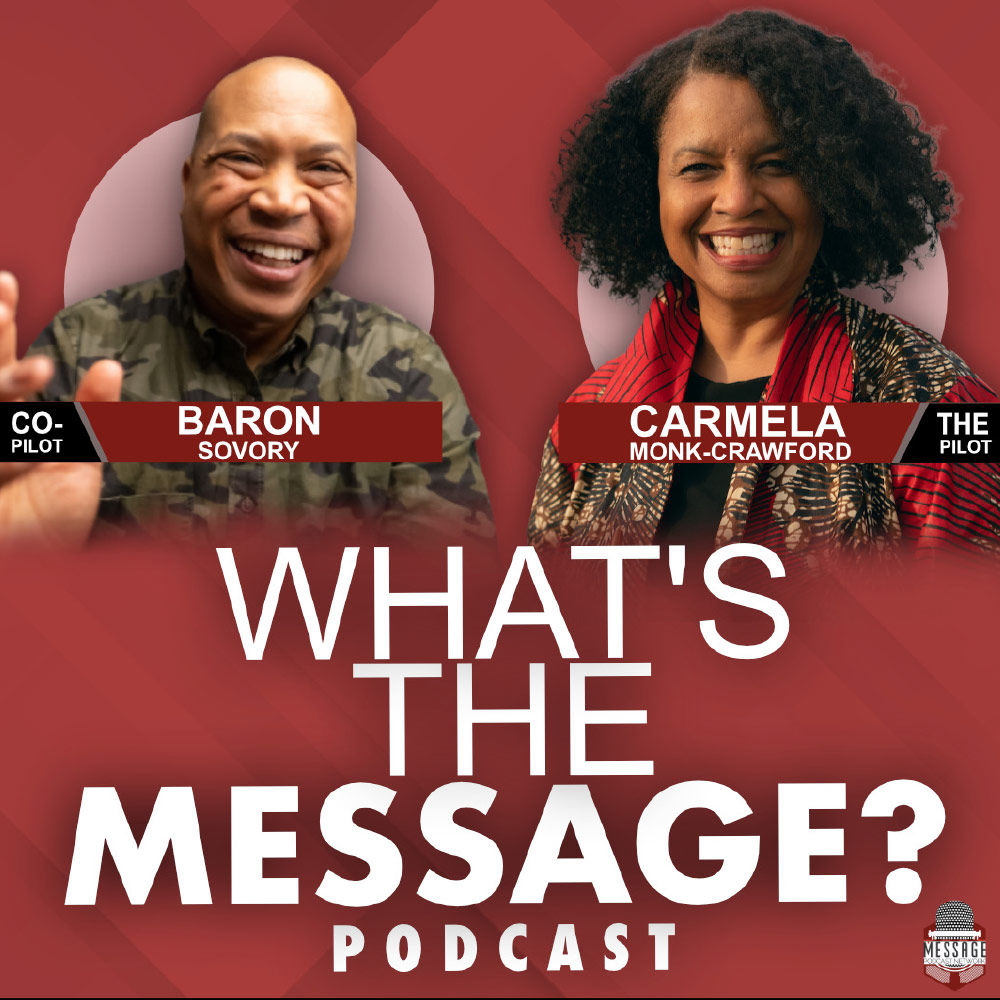


 Tune in to the
Tune in to the
Message Podcast Network

 Tune in to the
Tune in to the
Message Podcast Network

 What’s The Message?
What’s The Message?

 What’s The Message?
What’s The Message?
 Your Liberation Library,
Your Liberation Library,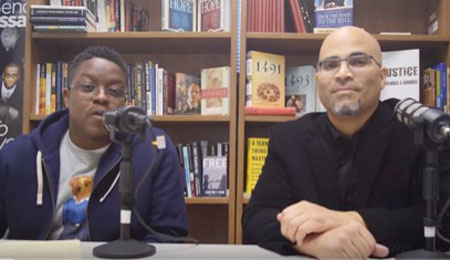
 Follow us on Twitter (message1898), and Instagram (message1898), and sign up for our weekly newsletter at messagemagazine.com so you can catch the inspiration.
Follow us on Twitter (message1898), and Instagram (message1898), and sign up for our weekly newsletter at messagemagazine.com so you can catch the inspiration.
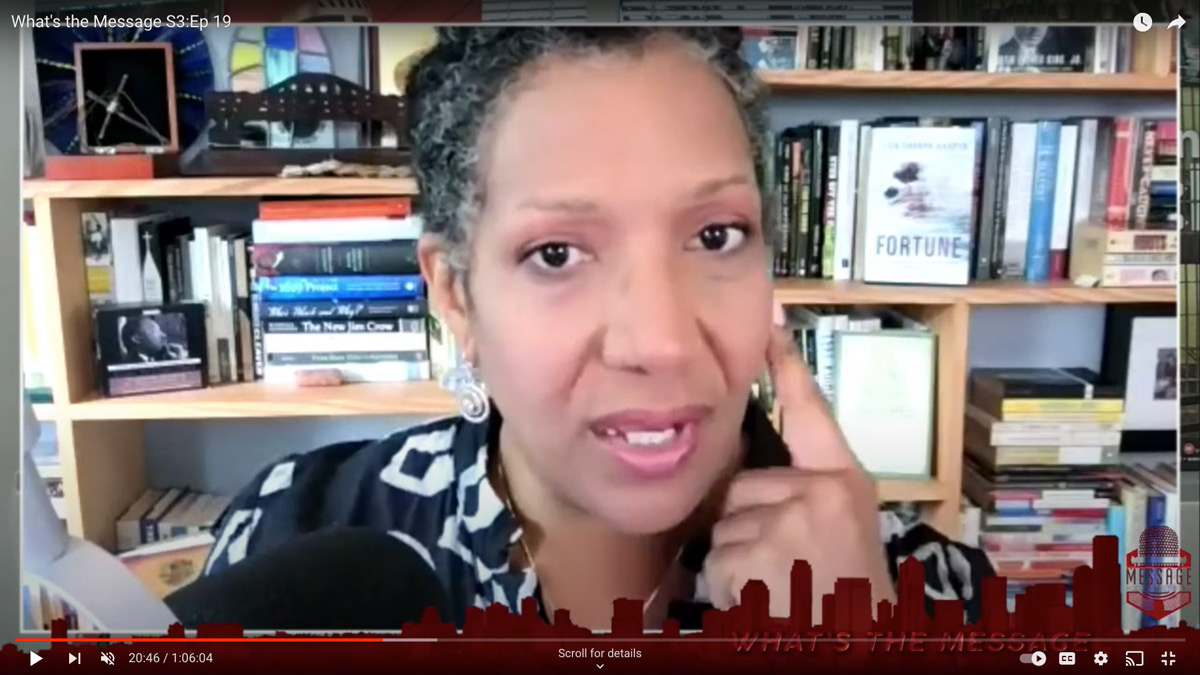
“The book closes with the third section; it’s on how do we repair what race broke in the world? And it stems around these three concepts. The first is the concept of truth telling, which involves truth seeking, truth, listening, and then truth telling—telling what you have heard. And then that must move into a process of reparation or repair. Reparation is a biblical concept. It’s also one that we have deep roots and precedent for in America. We, African Americans are the only group in American history that has never received reparation for the oppression we experienced on this land. Every other people group that has experienced oppression here has has received some measure of reparation. Only us we are the only ones why is that okay? It’s not okay. So reparation must come and then for the sake of those who have been oppressed, as we must find ways to live together in common space with those who formerly oppressed us.
There must be some level after reparations has been made to forgive that which cannot be repaired. Yeah, release to release our debtor of their debt for the communities that were utterly obliterated and will not be restored, or the lives that were absolutely lost and cannot—they will not rise again . . . And we need to face that, and we need to release that debt.”
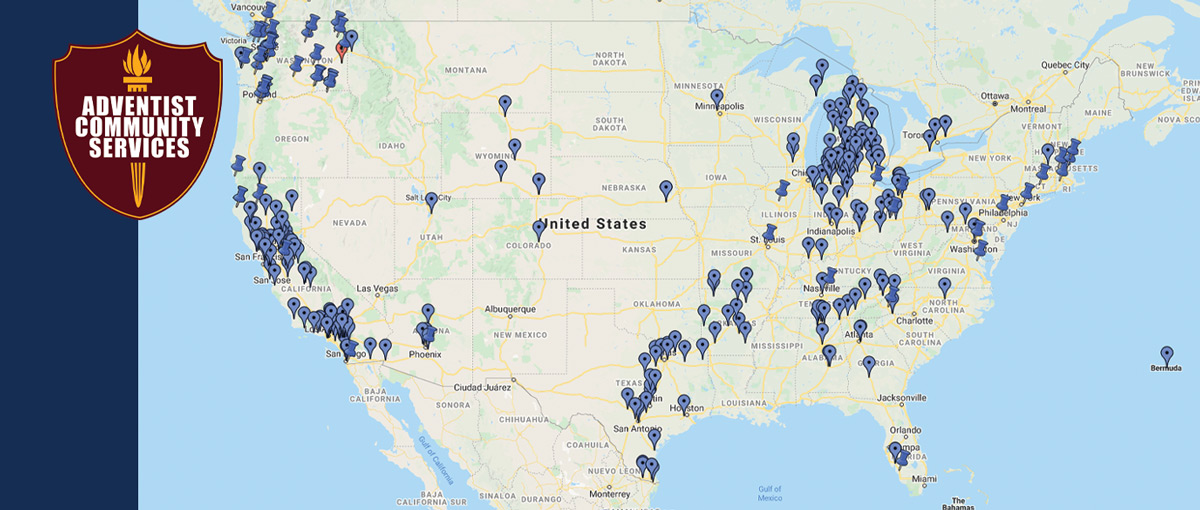
Atlanta, GA 30318
P.O. Box 519
Ashton, MD 20861-0519
Baltimore, MD 21217-3803
Windsor Mill, MD 21244-2042




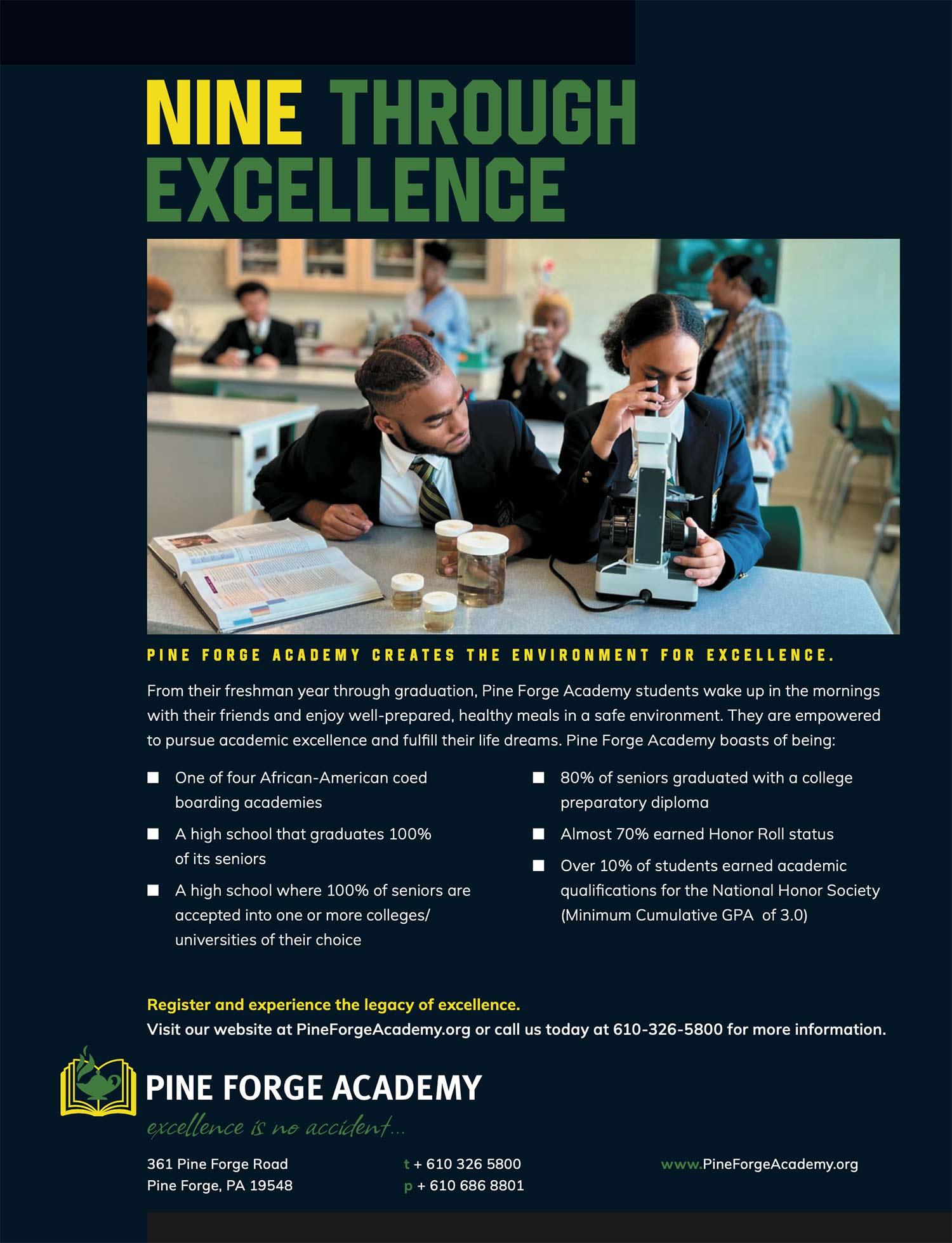







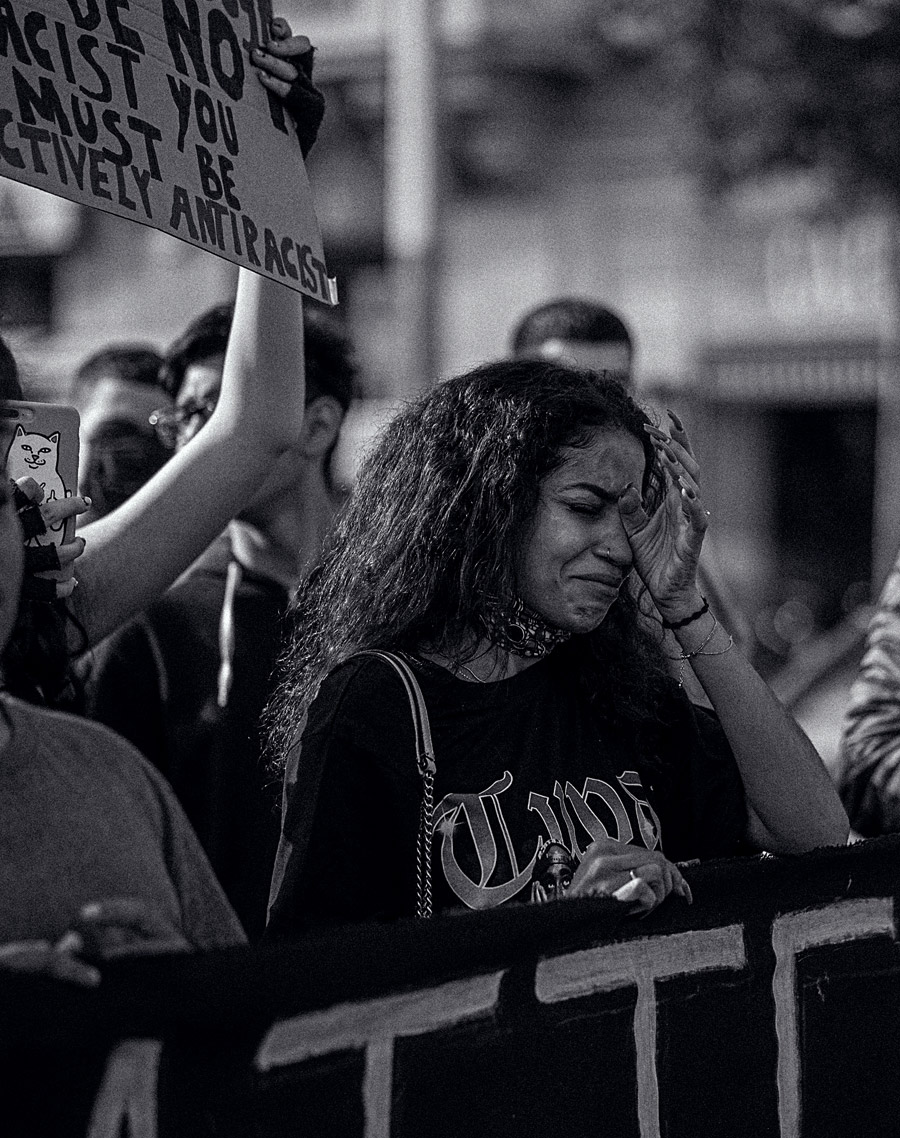
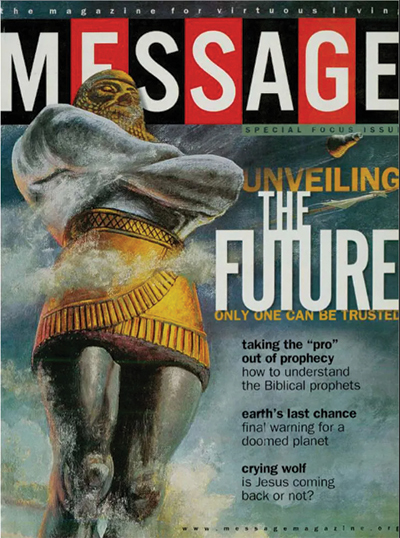
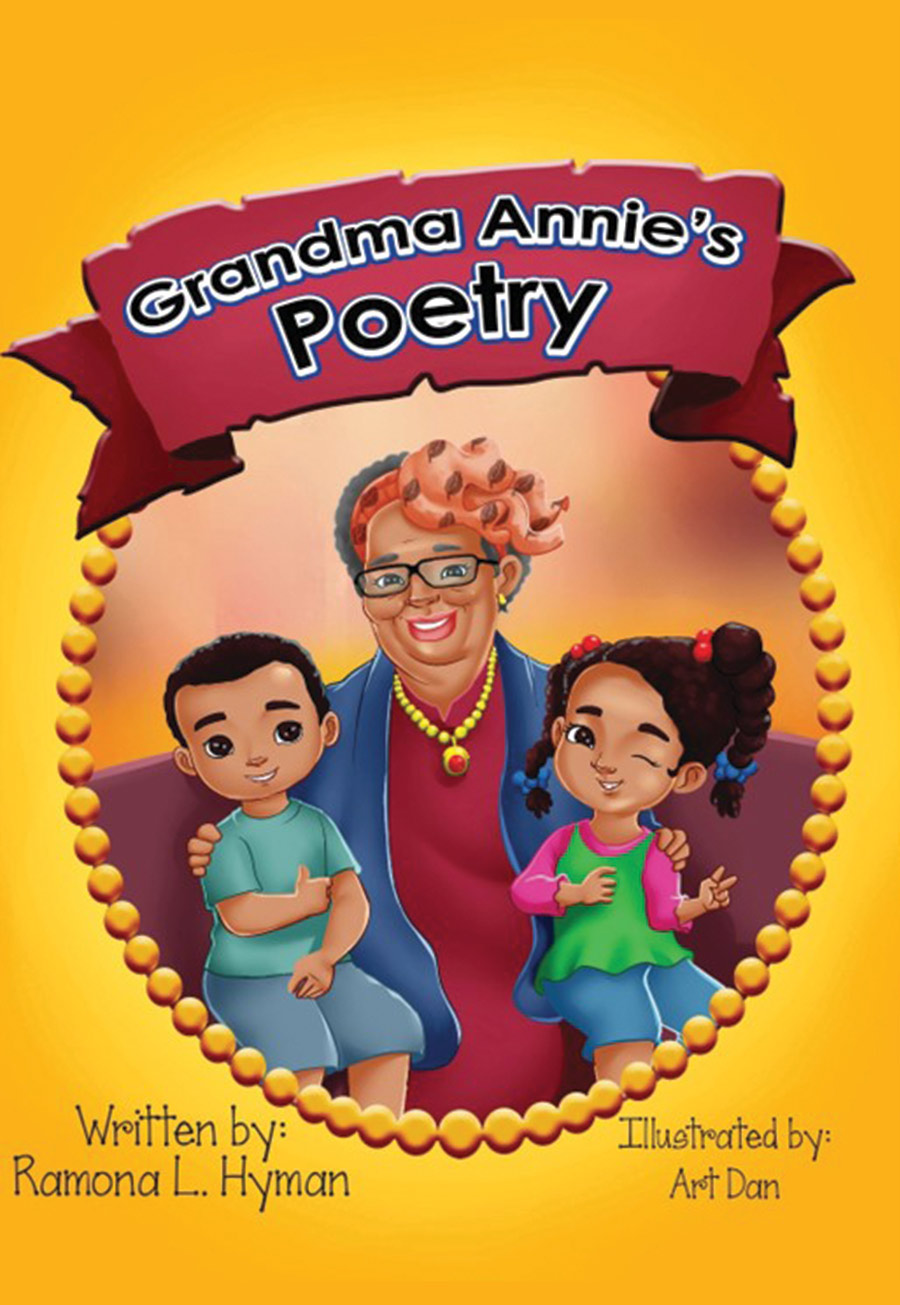
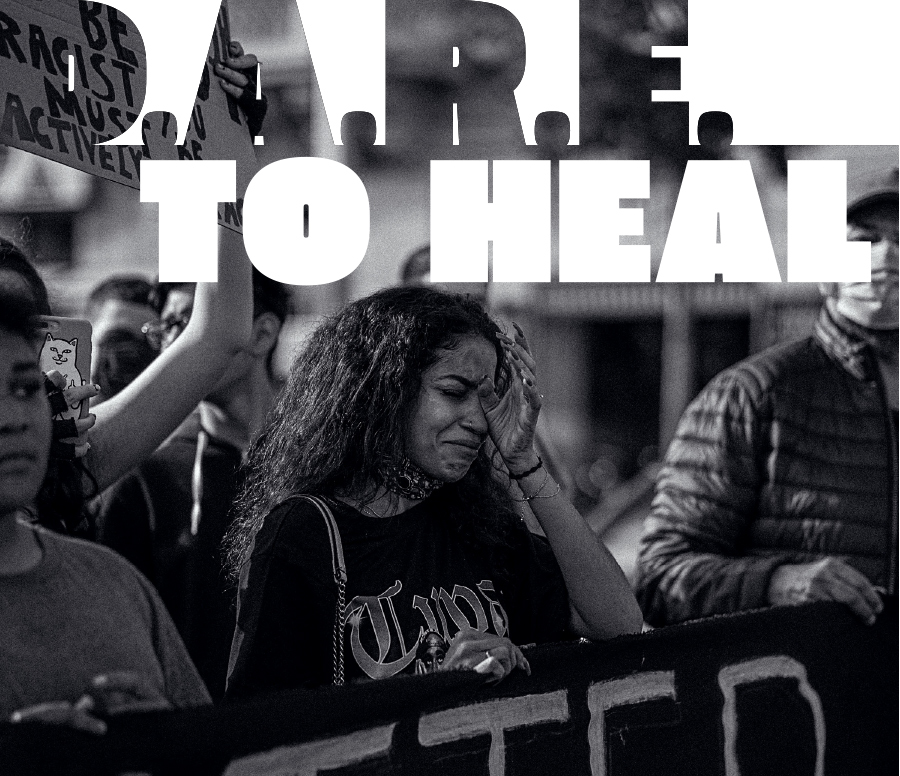

 YouTube
YouTube 